The Ultimate Beginner’s Guide To Botox 2024
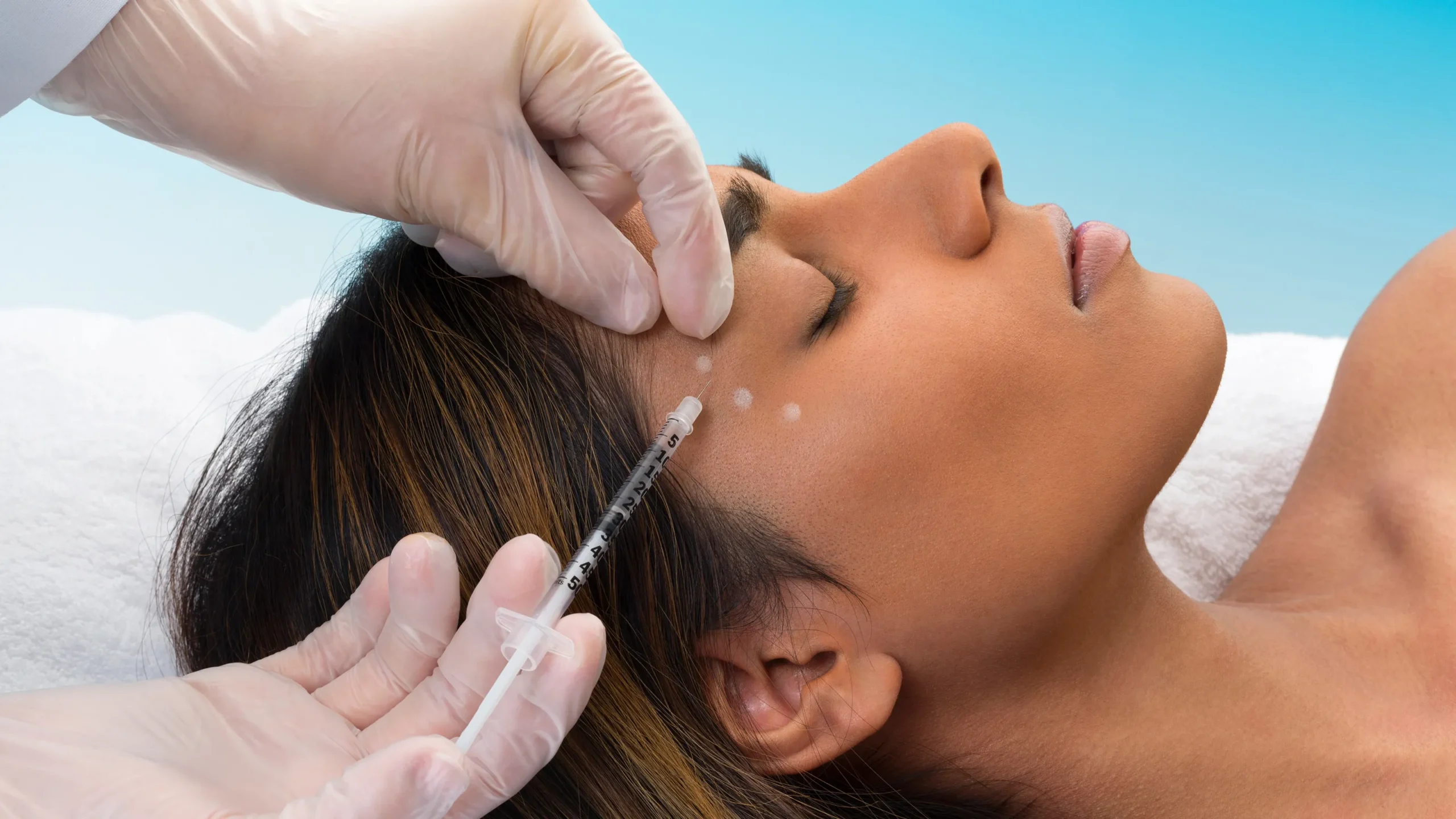
It may seem that some people are fortunate to retain a youthful look even as they age. However, not everyone you see will rely on luck, good genes, or even natural methods like drinking water, sleeping well, and eating a healthy diet. Many will turn to more guaranteed ways of looking younger such as botox.
Whether you have looked in the mirror and noticed early signs of crow’s feet or more wrinkles are appearing than ever before, and this is affecting how confident and happy you are, botox could be just what you need. If you have never considered this route before or have previous misconceptions about this, let this guide educate you more on the matter and why it should be something you consider getting.
What Is Botox & How Does It Work?
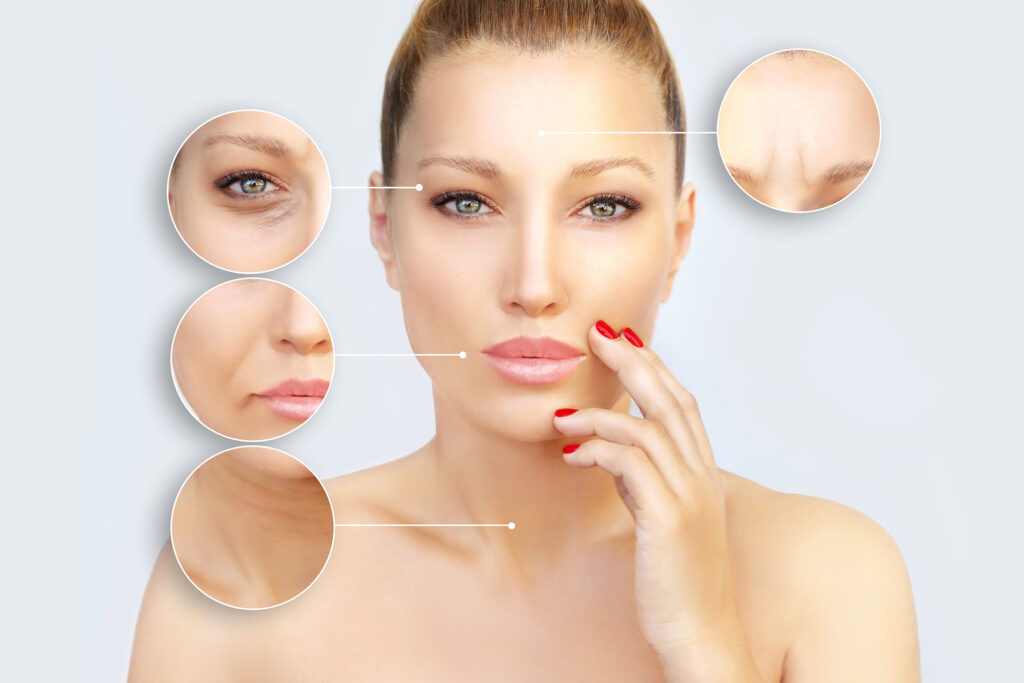
Botox is a botulinum toxin injection that relaxes muscles in your face and smoothes out fine lines and wrinkles that a person develops as they get older. It is currently the only FDA-approved treatment for improving the look of wrinkles, forehead lines, crow’s feet, and more, and it is so popular because of the downtime and because people can see results in as little as 24-48 hours, lasting from 3 months up to a year. When done well, you will find the treatment makes you still look like you – the difference being the lines and wrinkles are gone.
This simple treatment works by injecting the targeted area multiple times with small doses of botulinum. The result of this? The muscles in the face become unable to contract, which is what develops lines and wrinkles.
What Can Botox Help With?
The most well-known way botox can help a person is by relaxing the facial muscles to remove and avoid wrinkles. However, it can also be used to treat certain medical conditions, including:
- Lazy eye
- Chronic migraines
- Eye twitching
- Cervical dystonia
- Hyperhidrosis
- Overactive bladder
- Excessive underarm sweating
All of these are FDA-approved. However, you must always speak with your doctor if you wish to try botox for one of the above medical conditions.
When Should You Get Botox
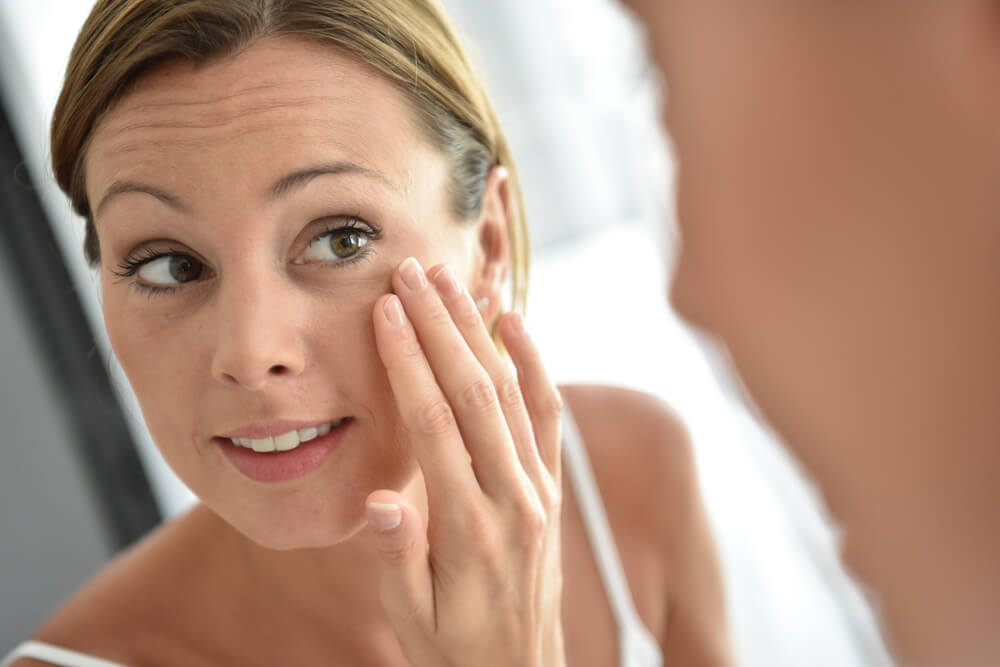
Most people might notice fine lines appearing after 25, but you shouldn’t embark on the botox route until you are at least above 30, relying on more natural methods to slow down the aging process in the meantime. However, if the appearance of wrinkles is affecting your mental health, it could be a good option for you. If you have one of the above medical conditions and have approval from your doctor, it could also be a good form of treatment for you. However, remember, each person has their own separate journey to determine whether this action is right for them.
How To Get Botox
If you have concluded that getting botox is for you, then knowing how to get started is vital. You don’t want to make a mistake early on in the process, so take note of the steps below to ensure your experience is positive. You don’t want to regret treatment because you picked the wrong clinic or didn’t set goals, or didn’t prepare yourself for it properly.
Step 1: Choose A Top Rated Clinic
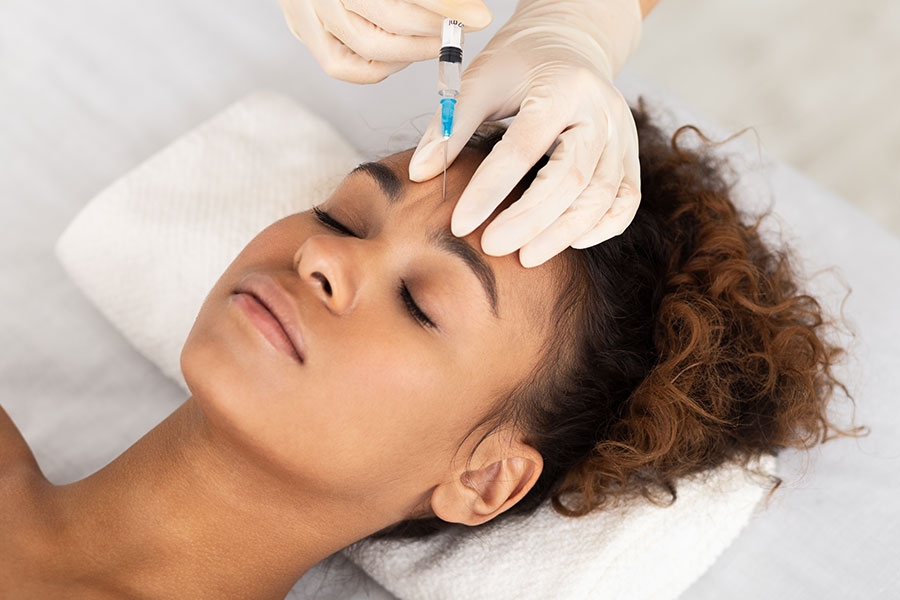
Where you get your botox treatment is going to make a difference to your end results and overall experience. The brand of botulinum toxin the clinic uses is also going to influence this. You need to find somewhere that uses a trusted brand that brings results to their clients, which certified medical doctors and other professionals then administer. As an example of a trusted brand and clinic that you should turn to, dermani Medspa uses Botox Cosmetic injections, an established and highly trusted brand among both professionals and regular botox users. The number 1 botox provider will ensure you have a great experience and come away feeling more confident than ever.
Step 2: Set Your Goals With A Professional
The results a person can get will vary, so you must be setting goals before your appointment and after every booking you have moving forward. Your medical administrator should do this without asking, but you should absolutely press this if they don’t. Setting goals ensures that you get the results you need and gives you realistic expectations of when you can expect to reach this.
Step 3: Prepare Yourself
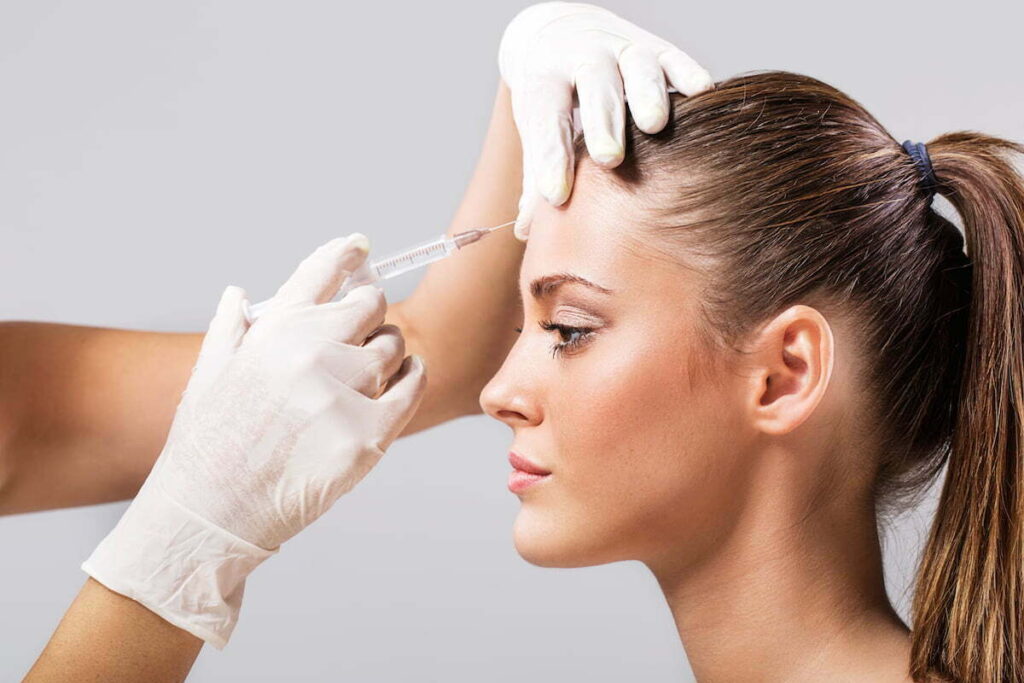
If you like a glass of red wine, you must give it up for the week leading up to your appointment. It is recommended that you avoid all types of alcohol, as it may cause more bruising. You should also not take anti-inflammatory medications in this same week due to the same reason. One unexpected thing you should avoid is any food that contains garlic.
Step 4: Look After Yourself
After your appointment, you should avoid lying down in the following hours and keep your head as stable as possible. Experts will tell you to avoid wearing makeup and using skin cleansers. The less you touch your face, the better. In addition, you should refrain from exercising in the first 24 hours. It would help if you gave yourself plenty of time to get back into this for the best results. If you do have some minor bruising, you may find that using arnica cream can help, but you should not use medication like ibuprofen or blood thinners. Keep a careful eye on possible side effects and speak with your doctor if you feel something is wrong.
Considerations
Botox could be one of the best things you do for yourself, resulting in a more confident and happier you. Those choosing botox treatment to help with a medical condition could find they get fewer headaches and reduced twitches. However, you must take the following into account:
- The cost – You must budget early on so you don’t find yourself in debt because of wanting too much
- Lifestyle choices – Are you prepared to introduce some lifestyle changes between treatments?
- Your age – Can you wait a little longer before having botox, or is it affecting your mental health too much?
- Your goals – Can your goals be achieved with botox, or is there another treatment that could help too?
Botox is not a dangerous treatment, nor is it one that results in you being unable to make facial expressions. It could be completely life-changing for you.




